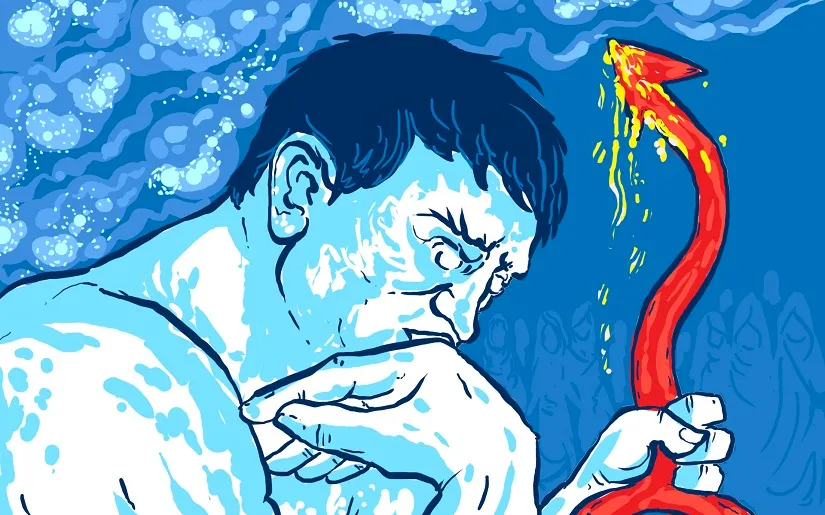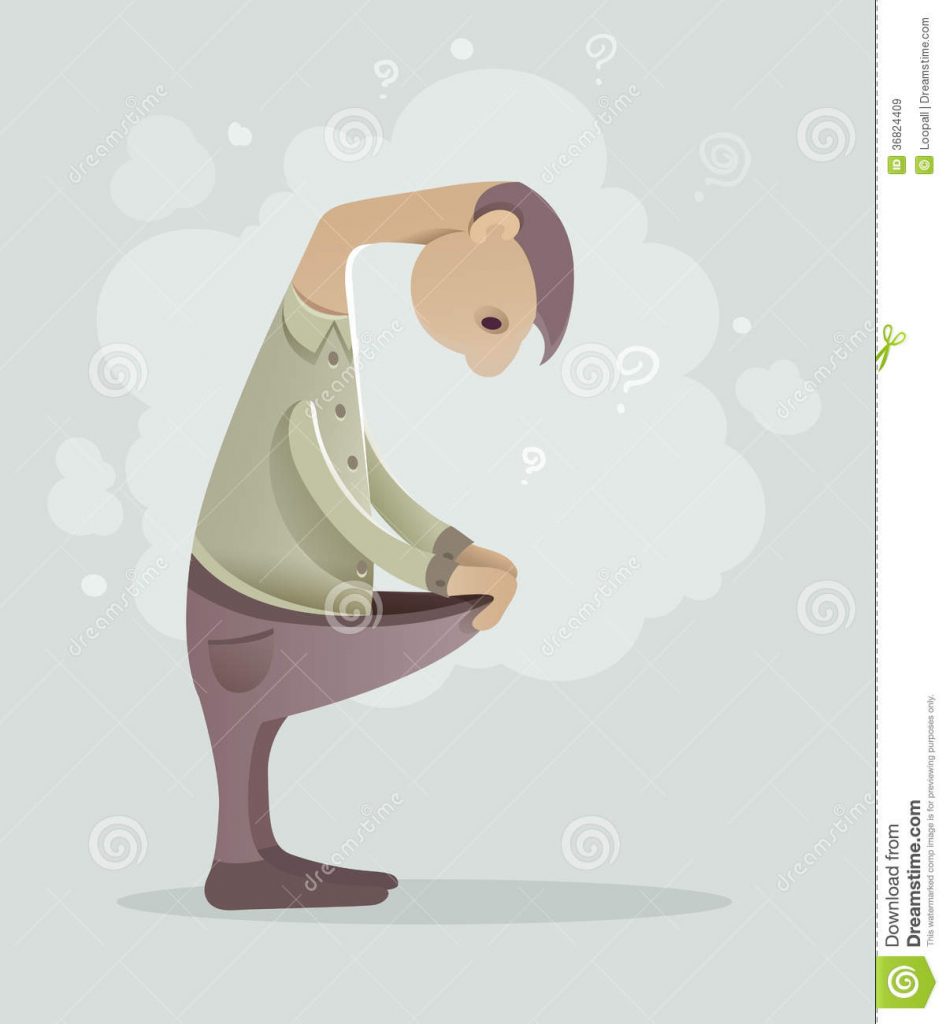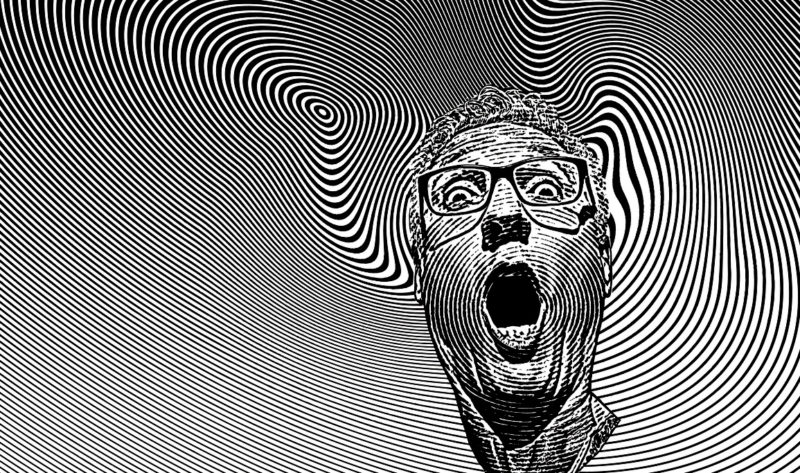Common Conditions Men Worry About!
While women are burdened with societal expectations and taught how to talk, laugh and behave all their lives, men are not spared either. The only difference is that men’s issues are not often talked about because men don’t always express what they feel insecure about, which is ironically another awful standard projected on men by society.
Men who own up to their insecurities often feel as though being vulnerable is akin to admitting inadequacy. So they suffer in silence. From having no romantic history to being too masculine or not masculine enough, here are a few common conditions men worry about and feel unsure about

Some common insecurities men have:
- Developing Breasts : Gynecomastia, pejoratively known as man boobs, is a condition in which men develop breasts as a result of imbalances in estrogen and testosterone. It occurs when you develop glandular tissue in your breasts, as opposed to fat tissue. The culprits behind full-fledged man boobs largely have to do with your hormones. It’s very common among boys during puberty, and among men aged 50 and older, but it is especially distressing for men under 40. While testosterone treatment can help improve your sex life, muscle mass, energy, mood, and more, it can also cause some temporary breast growth. This is because all men have an enzyme called aromatase that converts testosterone to a form of estrogen. The good news is, that this isn’t usually noticeable to other people, and in most cases, it recedes within a few weeks.
- Losing Their Hair: Hair loss is quite common among men as young as 30, and some embrace it better than others. Despite evidence that some women may be more attracted to bald men, many men have a real association of baldness with being less attractive, less masculine, and appearing older.While some men can easily accept the loss of their hair, others fall into a spiral of depression and insecurity due to their changed appearance. They often have increased anxiety and despair due to an inability to stop their changing appearance. For men, body standards have changed over the years, and this is reflected in the types of movie stars and celebrities we see. Hair is no different. Hair loss can affect relationships, as men often feel that the loss of their hair signals the end of their youth, and attractiveness to others.
- Being a Waif of a Man: In general, men have a lot of body image issues women can relate to. They’re inundated with unattainable images of what men’s bodies are supposed to look like. But the biggest difference with men is that they worry about being underweight, too. Men usually worry about their stomach or abs, just like women, but they can also have insecurities about being underweight.
- How Tall They Are: Shorter men may be concerned about their height because they fear that they are unattractive to women, or are taken less seriously by their peers. However, very tall men have insecurities too, such as feeling uncomfortable in small places or awkward around average-size people — and occasionally having to explain that they’re not good at, or even interested in, basketball.

Health related conditions men worry about:
Erectile Dysfunction:
As much as penis-owners may worry about their penis size and appearance, the way it works may matter most.. Erectile dysfunction affects over 50% of penis-owners, but the prognosis is best for men who can discuss this with their partners. Men who cannot communicate about this insecurity risk getting caught in a negative feedback loop where they are even less likely to be able to perform sexually, over time.
As the most common sexual issue reported by penis-owners, erectile dysfunction (ED) affects about 30 million of the total.. In most cases, ED can be caused by medical issues, such as high cholesterol, uncontrolled blood pressure, diabetes, and obesity, as well as neurological disorders and spinal cord injuries. Men with diabetes are thrice more likely to have ED. This is because high sugar levels in the blood affect the function of nerves and blood vessels in the tissues that cause an erection.
Premature Ejaculation And Delayed Ejaculation:
An ejaculation during sexual activity that occurs before you want it is called premature ejaculation (PE). Sometimes men with erectile dysfunction also experience PE. While it is not known exactly what causes PE, the following may have an effect:
- Serotonin is a chemical produced by nerves and low amounts of it in the brain can cause ejaculation to happen quicker.
- Age can also play a part as the older men get, the shorter their erections may last before ejaculating.
- Psychological factors such as depression and stress, may contribute to PE.
On the other hand, if you’re experiencing difficulty ejaculating after having sex for 30 to 45 minutes, you may be experiencing delayed ejaculation. Psychological issues such as experiencing trauma as well as the following physical causes, may cause delayed ejaculation:-
- Blocked ducts that semen passes through.
- Nerve damage to the pelvis.
- Nervous system diseases, such as stroke or nerve damage to the spinal cord or back.
- Taking certain drugs.
Treatment for delayed ejaculation might include taking medicine or adjusting a medicine taken for another condition, receiving psychological counseling, and addressing alcohol or drug use.
Peyronie’s Disease:
Also referred to as penile curvature, Peyronie’s disease is a disorder that occurs when scar tissue (plaque) forms under the skin of the penis. The plaque causes the penis to curve when a man has an erection, which can be painful and make intercourse challenging. Older men are more prone to developing Peyronie’s disease and it is less common in men who are in their 20s and 30s. Other risk factors include:
- A family history of Peyronie’s disease.
- A history of prostate cancer treatment with surgery.
- Experiencing an injury to the penis.
- Having a connective tissue or autoimmune disorder.
- Having diabetes or erectile dysfunction.
A urologist can diagnose the condition based on your medical and family history and a physical exam. Treatment may include oral medicines, injections, or surgical options.
Incontinence After Prostate Surgery:
The bladder is surrounded by the prostate. If the prostate is removed or treated with radiation, the bladder’s nerves and muscles, urethra, or sphincter can be damaged. This damage can lead to urinary stress incontinence. This type of incontinence occurs when pressure pushes on the bladder and the pelvic floor muscles are not able to handle it, resulting in leakage. Pelvic floor exercises can help strengthen the pelvic muscles. Many times, incontinence will improve within a year after prostate surgery. If incontinence persists, surgery may be necessary.

Conclusion
Many men do not make their health a high priority in their lives. The ailments that cause the most deaths and illnesses in men are either preventable or treatable. Unfortunately, men are usually less willing than women to visit doctors for checkups or preventative care, to seek treatment during the early stages of an ailment or to seek mental health advice.
Through their 20s and 30s, when men are in their physical prime, they mature and begin to stop engaging in risky behaviors. Still, men are more likely than women to abuse alcohol, smoke and die accidental deaths. During their 40s and 50s, men’s bodies produce testosterone at declining rates. They begin to lose muscle mass and become more prone to weight gain. Their risk for heart disease, high blood pressure, and diabetes increases. On an average, men develop heart disease about 10 years earlier than women, and 1 in 4 male deaths is caused by heart disease.
Men’s bodies never completely stop producing testosterone, but testosterone production may decrease with age. When men reach their 60s and 70s, they may begin to experience hair loss and enlarged prostates. In older age, men often become less active and need fewer calories. However, their bodies can’t absorb nutrients at the same rate so they must pay close attention to what they eat.
Some people often joke that “men take better care of their cars than their health.” The three most common lifestyle habits contributing to poor health for men are smoking, drinking, and overeating. Fortunately, these habits can be changed, thus preventing or reducing the incidence of many of the top ten health risks for men. One of the main reasons so many men carry all these insecurities for most of their lives is that they are taught that they are weak for admitting they have them at the first instance, experts agree across the board. Instead of verbalizing their shared sources of shame and realizing they are not alone, men double down and hold on to hard feelings about themselves for as long as the
Cover Illustration: Freepik
Written by: Falgun Wairya
Author


1 thought on “Common Conditions Men Worry About!”
Your article touched on several important conditions that often cause anxiety among men like erectile dysfunction Incontinence After Prostate Surgery and other causes. I found your explanations and insights to be extremely helpful and informative. It’s evident that you’ve done your research and have a deep understanding of the topic. I particularly appreciated the section where you discussed erectile dysfunction and emphasized the importance of seeking professional help without shame or embarrassment. It’s a crucial message to spread, as many men tend to suffer in silence due to the stigma surrounding these issues.